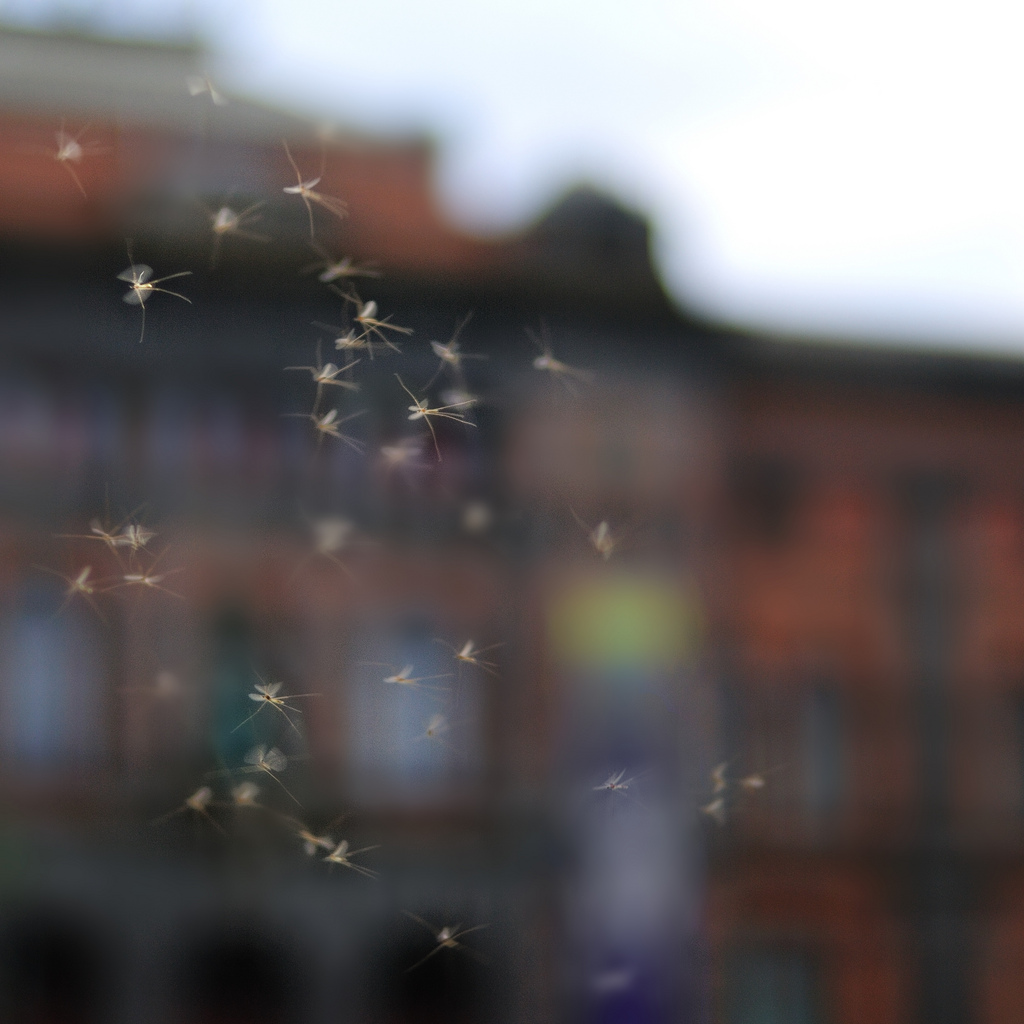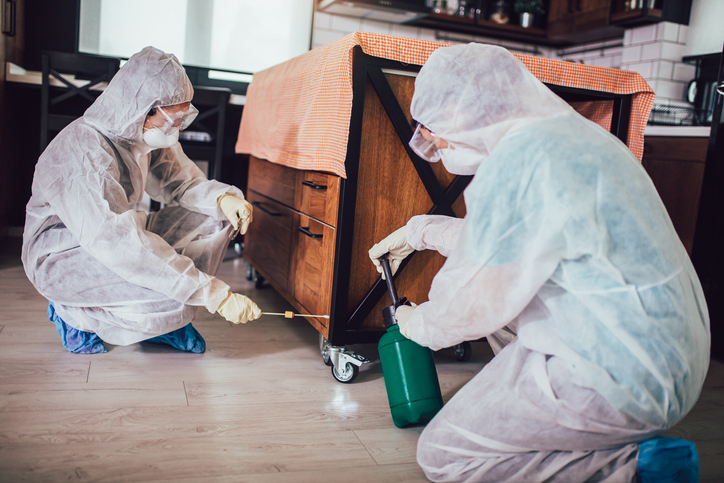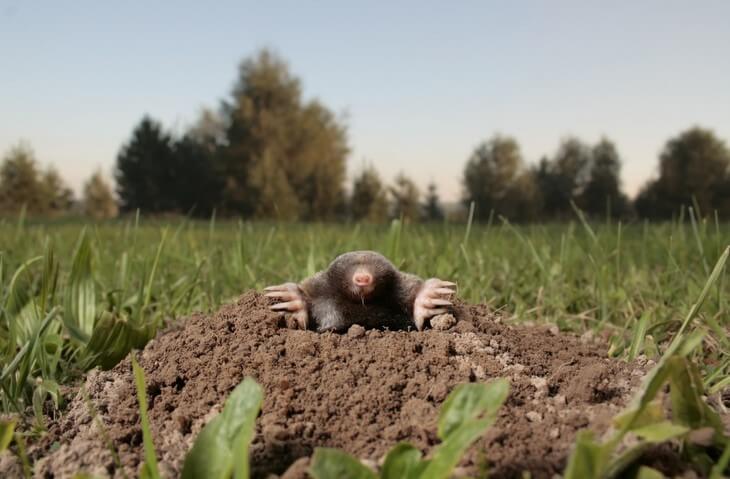With the recent spread of the Zika virus, and fear of other diseases such as the West Nile virus, dengue and malaria, it’s important to know how to control pests like mosquitoes. Despite the fact that mosquitoes are responsible for carrying deadly diseases to both humans and animals, and despite the itchy annoyance of mosquito bites on your skin, mosquitoes play an important role in our ecosystem. But having a home or yard that is infested with mosquitoes is far from ideal. Here are the key factors in protecting your home against mosquitoes.
- Remove standing water. Female mosquitoes require water in order to lay their eggs, so removing standing water on and around your property will help mosquitoes from breeding in the first place. Mosquitoes need as little as 10 millimeters of water; some species have been known to lay eggs in the water collected in a seashell! Common areas that collect water are gutters, tires, bird baths, pool covers, tree stumps, outdoor toys or containers filled with water.
- Clean up neighboring properties. If your neighborhood has abandoned lots or areas where water can collect, consider organizing a neighborhood clean up. Some mosquito species travel a short distance and some travel for many miles, making it important to think about mosquito breeding areas beyond your own fence.
- Control vegetation. Some species of mosquitoes use vegetation to rest during the day and that might need to be cleaned up, sprayed or removed.
- Examine outdoor structures. Outdoor sheds or garages are common areas for pests like mosquitoes so be sure to check these areas for standing water as well. Mosquitoes in the garage can easily enter the home, especially if it is attached.
- Install window screens. Placing a fine mesh screen over all doors and windows will help keep flying pests out, but still allow fresh air in. Be sure to check older screens for any tears or holes. Patching material can be found at your hardware store.
- Seal leaks. Although a screen can help keep mosquitos from entering through an open window, your home may have other leaks or cracks that should also be sealed. Check around the windows and doors and use caulking material to seal off any leaks.
- Hang mosquito nets. If you regularly have mosquitos indoors you may want the extra protection of a mosquito net. These can be hung over beds, cribs, strollers or in outdoor areas like a hammock. The Center for Disease Control and Prevention recommends a sturdy net with at least 156 holes per square inch. For severe locations, these nets should also be treated with insect repellent.
- Consider natural repellents. When burned, citronella produces a smoke that mosquitoes dislike. Keep in mind that as wind moves the smoke it creates “holes” in this barrier and may not be completely effective. Some plants like lemongrass, marigold, basil, lavender and catnip are known to repel mosquitoes as well. Consider planting these around the house but think of them as a layer of repellent for your home, not a barrier.
- Try a mosquito trap. You can find several types of mosquito trap machines on the market that utilize carbon dioxide to attract then suck up mosquitos. These machines are designed for outdoor use only and can certainly help remove unwanted pests during your next outdoor BBQ or party. Like any other piece of equipment, you’ll need to regularly maintain and inspect this trap.
- Wear mosquito repellent. Wearing an effective mosquito repellent on exposed skin is the best way to keep mozzies from biting the skin and spreading disease. N,N-diethyl-3-methylbenzamide (DEET) is known to be the most effective for repelling the most number of species types of mosquitoes (repellants can have different effects on different species). The higher the percentage of DEET, the longer it will repel the insects. Two other non-DEET repellents have also been recommended by the Centers for Disease Control and Prevention: picaridin and oil of lemon eucalyptus (this is not a combination of lemon oil and eucalyptus oil). Don’t apply repellent to wounds or open skin.
- Use fans. Mosquitoes can easily be pushed out of a room with a moving burst of air from a fan. Having several fans both inside and out can create an environment that may be unappealing to the mosquito.
- Use air conditioning. The AC unit won’t repel or kill mosquitoes however it will stop you from opening up windows. In hot and humid climates, using an air conditioner and closing the doors can help seal off the room from unwanted pests.
- Consider birds and bats. Certain species of bats and birds are known to feed on mosquitoes. However using them exclusively as a method to control mosquito populations can be difficult and very non-targeted. For example, bats will feed on mosquitoes if other larger insects aren’t available but they won’t necessarily only eat the biting female mosquitoes.
- Consult a pest control specialist. If you’ve done all of the above and your home is still experiencing mosquito issues, try calling in a pest control professional. For mosquitoes, they will most likely recommend a multi-pronged approach that will involve the prevention of breeding (removing water) and preventing mosquitoes from entering the home. Additionally, they may recommend a chemical treatment plan to reduce the growth of mosquitoes or an insecticide that will make your home unfavorable for attracting mosquitoes. Hire a pest control professional.
What you need to know about mosquitos
- there are more than 2,500 species of mosquitoes on our planet
- mosquitos have been found in every area on Earth with the exception of Antarctica
- the mosquito is responsible for more human deaths each year than any other creature, making it the most deadly on our planet
- In the United States, the most common genera of mosquitoes are Anopheles, Aedes and Culex. It’s important to note that each species may have differences in behavior such as feeding habits (aggressive vs. passive), feeding times (day vs. night), lifecycle and potential for disease transmission. They may also have differences in what repels them.
- mosquitos can lay their eggs in as little as 10 milliliters of water
- mosquitos don’t fly very far from where they were born however this varies by species
- only the female mosquitoes bite as they use the blood to help their maturing eggs
- some mosquitos species die off in the winter months while others can over-winter
- mosquito repellent doesn’t kill mosquitoes on your skin but rather prevents them from landing on your skin or biting it
- find more facts and information at the American Mosquito Control Association (http://www.mosquito.org/)
Hire a pest control professional.




